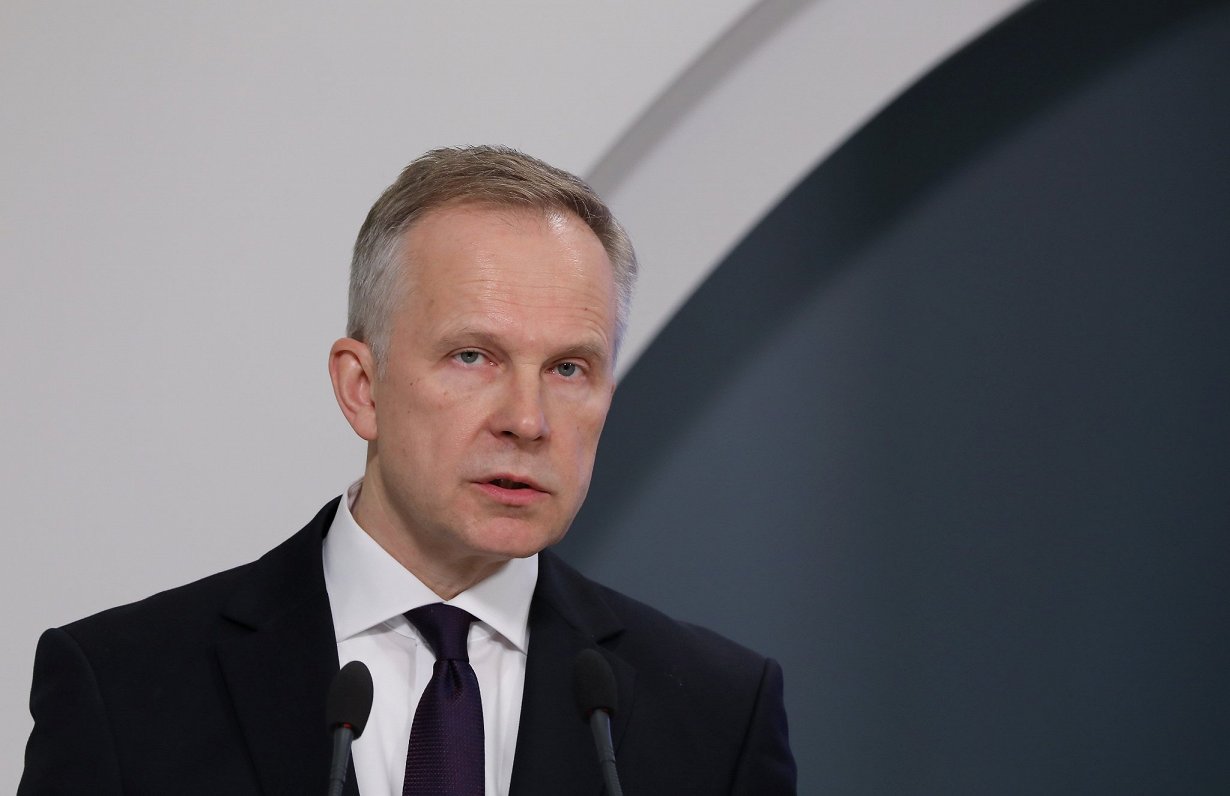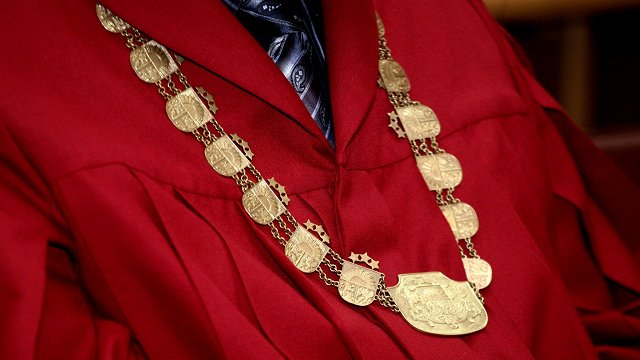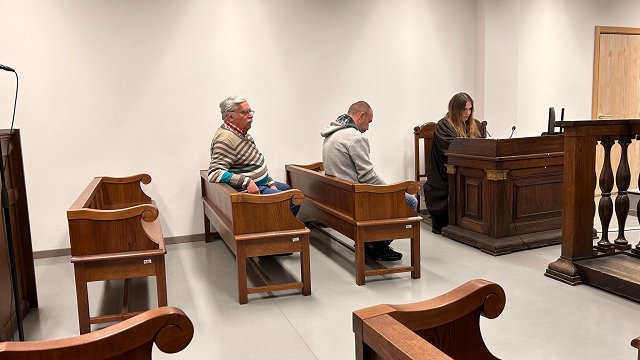The Senate considered justified the conclusion of the District Court that the applicant did not fulfill the duties of the President of the Bank of Latvia not because of downtime in which the Bank of Latvia is to blame, but because it was denied by the authority directing the proceedings, namely the Corruption Prevention and Combating Bureau.
The Senate stated in its judgment that the applicant was also subject to the provisions of the Labour Act.
"The Court of Appeal concludes correctly that, by order of the Bank of Latvia, the claimant was suspended from employment in accordance with Section 58, Paragraph one of the Labour Law, without being paid his or her wages for the period of suspension. In addition, in conformity with Section 58, Paragraph two of the Labour Law, the employer has an obligation to suspend the employee from work if, in the cases specified in regulatory enactments, the State institution duly authorized so requests. If the employer's dismissal order is legal, there is no reason to ask for the payment of his salary," the court said.
In rejecting the former President of the Bank of Latvia's claim for the recovery of unpaid wages, the district court's judgment came into force, said AT.
In the present case, the applicant brought an action against the Bank of Latvia in court, asking for the recovery of unpaid salary for the period from February 2018 to February 2019 of EUR 151 704.
Rimšēvičs has been accused of accepting bribes from the shareholders of Trasta komercbanka, which has been shut down by regulators. As reported at the time by LSM, Rimšēvičs' detention by anti-corruption officers in 2018 caused an international sensation. He refused to step down from his position and has consistently denied his guilt.


























